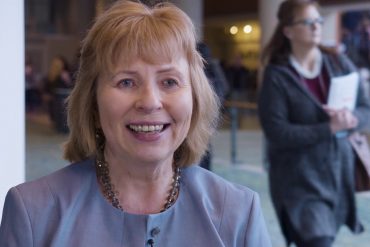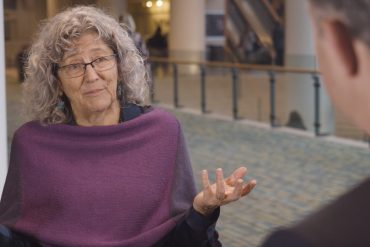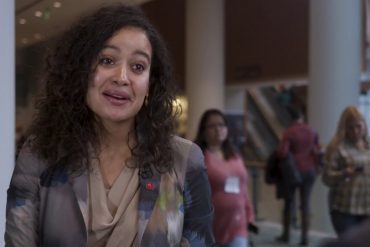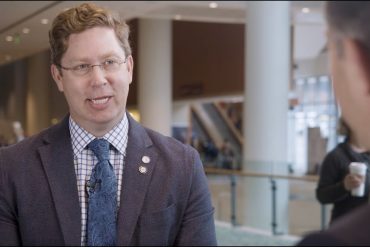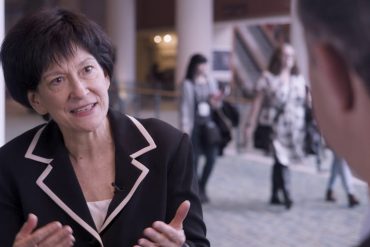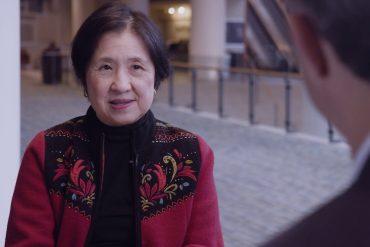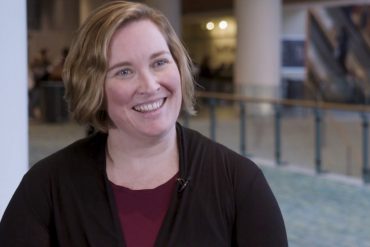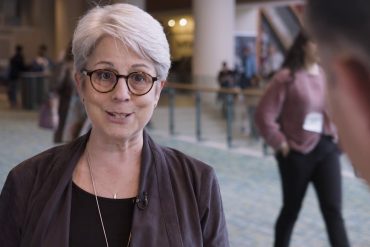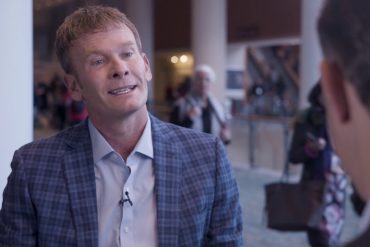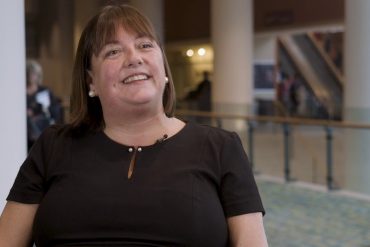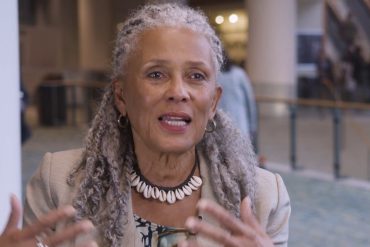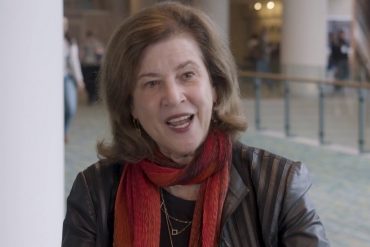In preschool and kindergarten, play – including “make believe” play – helps lay the foundation for many competences children will need for the rest of their lives. So how can we get adults out of the way? Elena Bodrova, PhD, co-founder and Tools Knowledge Advisor at Tools of the Mind, explains.
How do can the children’s individual identities evolve naturally and fully in the face of stereotypes that can often plague our communities and societies? As Julie Olsen Edwards, author ‘Anti-Bias Education for Young Children and Ourselves’ explains, some of that help can come from teachers – and how they think about their curriculum.
As Manica F. Ramos, Senior Research Scientist at Child Trends notes, we often forget that parents are the first and primary teacher for their child – from the moment they’re born, through their school experiences, and until the end of the day. Which is why helping parents learn how to teach in every day moments is such an important piece of a child’s early learning experience.
Edward Manuszak wears many hats, but the two most important are Superintendent of Dundee (MI) Community Schools and as the AASA Early Learning Cohort Co-Chair. In both roles, he works to deliver excellent learning opportunities. So why is Manuszak among the first to say that “Early Childhood Matters Most?”
Among the National Association for the Education of Young Children’s (NAEYC) many roles: Bringing together a range of professions – and perspectives – to reach consensus on important issues affecting early childhood education. What are these position statements, and how do they get created? NAEYC Senior Advisor Barbara Willer explains.
What are the skills – the tools – children should learn to make it easier to learn to their personal ability, remember on purpose and pay attention? Deborah Leong, Co-founder & President of Tools of the Mind, explains the “Vygotskian tradition” and how young learners can extend their mental capacities the same way physical tools extend one’s physical capacities.
How can communities know the progress they’re making – or areas to grow – in becoming a true center for early learning? In Part Two of our conversation, Cailin O’Connor, Senior Associate at the Center for the Study of Social Policy, explains the metrics, inputs and outputs of the Digital Progress Rating Tool and the early childhood system performance assessment toolkit.
Why is training not always the best – or even sufficient – way to prepare people for the hard and important work of educating children? Executive Director Judy Jablon describes how Leading for Children helps communities develop new ways to create learning experiences wherever children are.
In addition to working with children and parents while overseeing New Horizon Academy’s nearly 90 sites in four states, CEO Chad Dunkley also spends time working with public officials, helping expand access to early learning and drive policy changes that rework its “broken” economics.
The high costs of early learning presents one of the biggest obstacles to accessing childhood education. It’s a challenge Amy O’Leary is attacking, not only as NAEYC Governing Board president, but also as director of the Early Education For All campaign of Strategies for Children, which seeks to make publicly-funded, high-quality early education available for all Massachusetts three, four and five-year-olds.
From her earliest days, teaching has been part of Carol Brunson Day’s life. And since those first lessons through her time in the classroom and as NAEYC Past President, she has been a relentless, powerful activist for equity, access, and high-quality education for children.
We are all more than our most challenging moments. As Ellen Galinsky, Bezos Family Foundation Chief Science Officer and Founder/Executive Director of Mind in the Making, explains, a focus on “trauma informed care” in early learning is shifting to “asset informed care.” And that process starts with looking at children in terms of their strengths.


